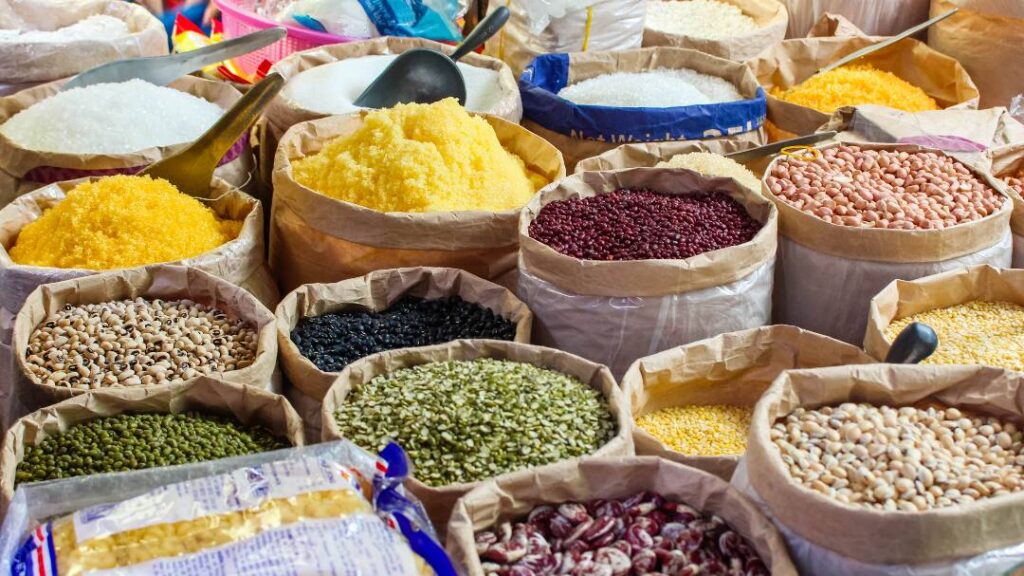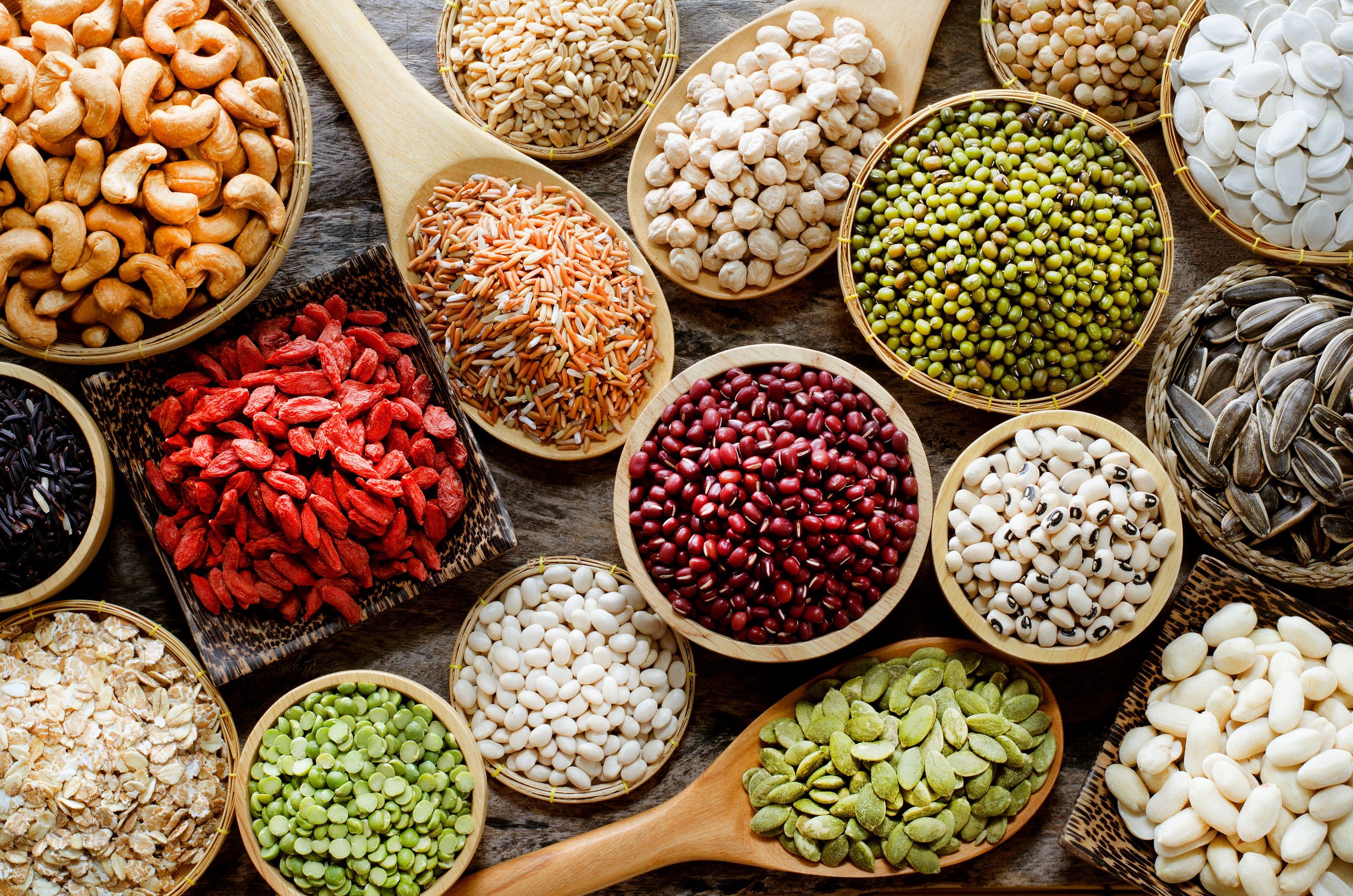Agro commodity trade and export play an indispensable role in the global economy, connecting producers and consumers across continents. This sector includes the international trade of agricultural products like grains, coffee, cotton, sugar, and livestock. While this trade brings numerous benefits, it also faces significant challenges. Understanding these advantages and disadvantages is crucial for developing strategies to enhance the sector. Here, we delve into the key pros and cons of agro commodity trade and export and explore ways to make it better.
Advantages
1. Economic Growth and Development
Agro commodity trade is a powerful engine for economic growth, especially in developing nations. Revenue from agricultural exports can finance infrastructure projects, healthcare, and education, driving overall development and improving living standards.
2. Employment Generation
This sector creates substantial employment opportunities across the value chain, from farming and harvesting to processing and logistics. It is particularly vital in rural areas, where agriculture is often the primary source of livelihood.
3. Market Diversification
Exporting agricultural products allows countries to diversify their markets and reduce dependence on domestic consumption. This diversification enhances economic resilience and stability by spreading risk across multiple markets.
4. Technological and Knowledge Transfer
Engaging in international trade exposes countries to advanced farming techniques, equipment, and knowledge. This transfer can lead to increased productivity, efficiency, and higher crop yields, benefiting the agricultural sector.
5. Foreign Exchange Earnings
Agro commodity exports are a crucial source of foreign exchange, helping maintain a country’s balance of payments, stabilize its currency, and fund the import of essential goods and services.
Disadvantages
1. Market Volatility
Agro commodity prices are highly volatile, influenced by weather conditions, geopolitical events, and global demand shifts. This volatility can lead to unpredictable income for farmers and exporters, complicating financial planning.
2. Environmental Impact
Intensive agricultural production for export can lead to environmental degradation. Practices such as deforestation, overuse of chemicals, and monoculture farming harm ecosystems, reduce biodiversity, and contribute to soil and water pollution.
3. Dependency and Vulnerability
Overreliance on agricultural exports can make economies vulnerable to external shocks. A drop in global prices or trade restrictions by importing countries can have severe impacts on economies heavily dependent on agro commodity exports.
4. Inequality and Social Displacement
Large agribusinesses often dominate the sector, marginalizing small farmers who lack resources to compete. This can lead to increased income inequality and social displacement, as smallholders lose their land and livelihoods.
5. Food Security Concerns
Focusing on export crops over local food production can threaten food security. Insufficient resources allocated to domestic food production may lead to food shortages and increased dependence on imported food, risking food security during global supply disruptions.

Enhancing the Agro Commodity Trade and Export Sector
To maximize benefits and mitigate disadvantages, the agro commodity trade and export sector can adopt several strategies:
1. Promoting Sustainable Practices
Implementing sustainable agricultural practices can reduce environmental impact. This includes using eco-friendly farming methods, practicing crop rotation, and reducing chemical inputs. Governments and organizations should support and incentivize sustainable farming.
2. Strengthening Market Access
Improving infrastructure such as roads, ports, and storage facilities can enhance market access and reduce post-harvest losses. Additionally, simplifying trade regulations and reducing tariffs can make it easier for farmers to export their products.
3. Supporting Small Farmers
Providing small farmers with access to credit, technology, and training can help them compete in the global market. Cooperatives and farmer organizations can enhance bargaining power and facilitate access to markets and resources.
4. Diversifying Agricultural Production
Encouraging diversification within the agricultural sector can reduce dependency on a few export commodities. Promoting the production of a variety of crops and value-added products can create more stable and resilient agricultural economies.
5. Enhancing Risk Management
Developing robust risk management strategies, such as crop insurance and futures markets, can help farmers and exporters hedge against price volatility and adverse weather conditions.
6. Fostering Fair Trade Practices
Adopting fair trade practices ensures that farmers receive fair compensation for their products. This includes establishing fair trade certification and promoting direct trade relationships between producers and consumers.
7. Improving Research and Development
Investing in agricultural research and development can lead to innovations that enhance productivity and sustainability. This includes developing drought-resistant crops, improving pest management, and advancing soil health technologies.
Conclusion
The agro commodity trade and export sector holds immense potential for driving economic growth and development, especially in developing nations. However, it also faces significant challenges, including market volatility, environmental degradation, and social inequality. By promoting sustainable practices, supporting small farmers, diversifying production, and enhancing risk management, the sector can become more resilient and equitable. Implementing these strategies will help maximize the benefits of agro commodity trade while mitigating its drawbacks, contributing to a more sustainable and prosperous global agricultural economy.
Ajigofarms is a reliable global agricultural purchase sourcing with profound expertise in the manufacturing, and exportation of food crops. We are tested, and trusted suppliers of all kinds of cash crops and food crops. Our constant supply chain solution makes exporting easy, quick, and safe, we are identified with timeliness and meeting up with deadlines. Regardless of the region you are located in worldwide, you can reliably order your Agric products and be rest assured of successful delivery.




